
Dec 24, 2016
UCLA researchers have shown that the brain can be repaired — and brain function can be recovered — after a stroke in animals. The discovery could have important implications for treating a mind-robbing condition known as a white matter stroke, a major cause of dementia.
White matter stroke is a type of ischemic stroke, in which a blood vessel carrying oxygen to the brain is blocked. Unlike large artery blockages or transient ischemic attacks, individual white matter strokes, which occur in tiny blood vessels deep within the brain, typically go unnoticed but accumulate over time. They accelerate Alzheimer’s disease due to damage done to areas of the brain involved in memory, planning, walking and problem-solving. (more…)
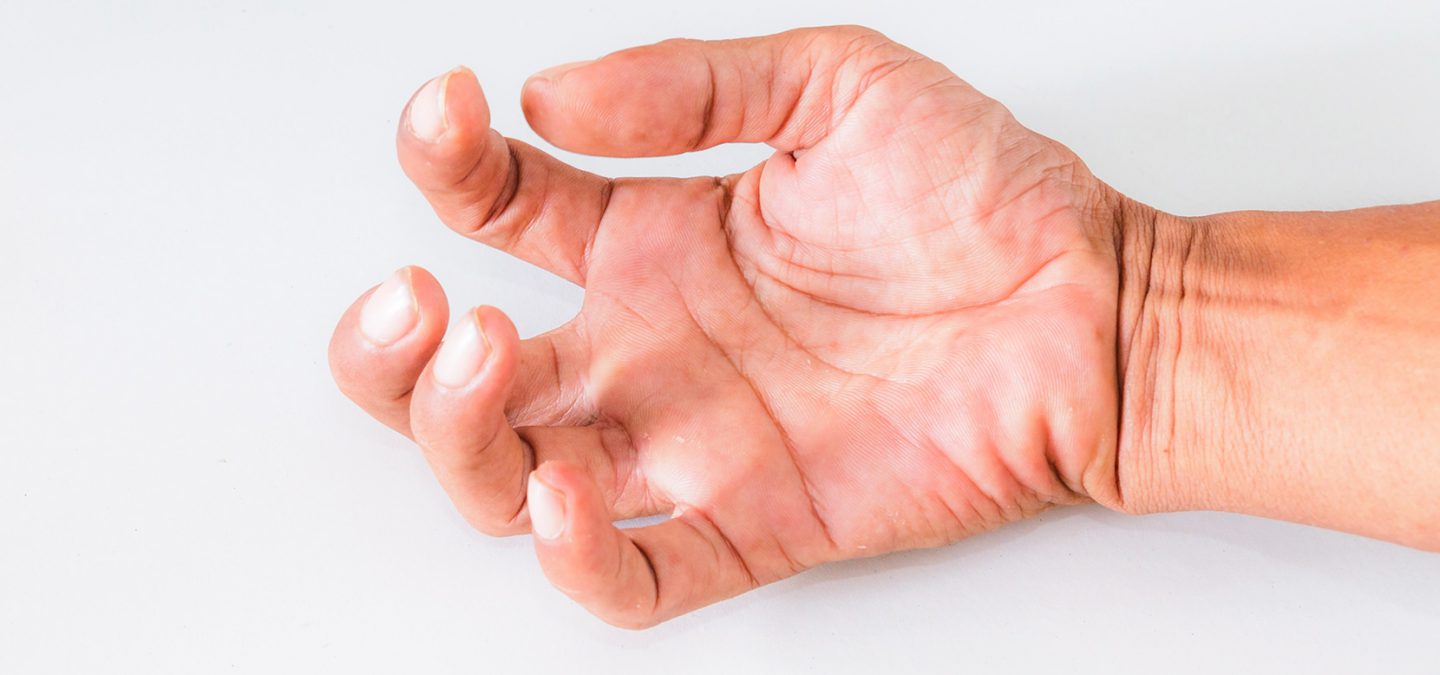
Dec 22, 2016
The Merz / SAFE post-stroke spasticity project launched a web site lifewithspasticity.com aimed to create an educational space for raising awareness of the treatment options available to stroke survivors experiencing post-stroke spasticity. The project is managed by the Stroke Association on behalf of Stroke Alliance for Europe (SAFE) and the duration of this project is 12 months, ending in the spring of 2017.
The rational for the project was that everyone who has had a stroke should have the opportunity to make the best possible recovery. It is estimated that up to a third of stroke survivors experience spasticity, however rehabilitation is only given to a small percentage of people who could benefit. Spasticity affects up to a third of stroke survivors and can leave those with the condition dependent on others to carry out the most basic, everyday tasks, such as getting dressed and eating. Studies have shown that around 70% of stroke survivors living with spasticity say it has a major impact on their life. (more…)

Dec 21, 2016
The source: Adapted press release from the European Commission
“Health at a Glance: Europe 2016” European Commission/OECD joint report shows that policies that aim at promoting good health and preventing diseases as well as more effective healthcare could save lives and billions of euros in the European Union.

Image: pixabay.com
Life expectancy now exceeds 80 years in most EU countries reveals “Health at a Glance: Europe 2016”, a European Commission/OECD joint report. However, this record-high life expectancy is not always matched by healthy life years. Around 50 million people in the EU suffer from several chronic diseases, and more than half a million people of working age die from them every year, representing an annual cost of some 115 billion EUR for EU economies. For more key figures see infograph. (more…)
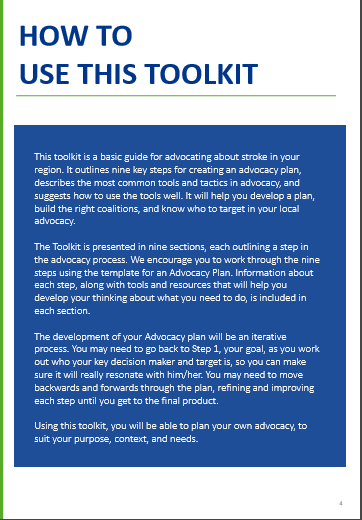
Dec 16, 2016
The WSO Advocacy Toolkit is for individuals who seek to advance stroke policy, elevate the issue of stroke in his/her community and improve stroke outcomes by driving advocacy and change through governments and institutions.
This toolkit will help you advocate for improvements in the health system to address stroke (e.g. gain more funding for stroke units, improve the use of best practice guidelines, ensure better access to stroke treatments, rehabilitation services) in your region.
Please visit www.worldstrokecampaign.org to download the Advocacy Toolkit.
(more…)
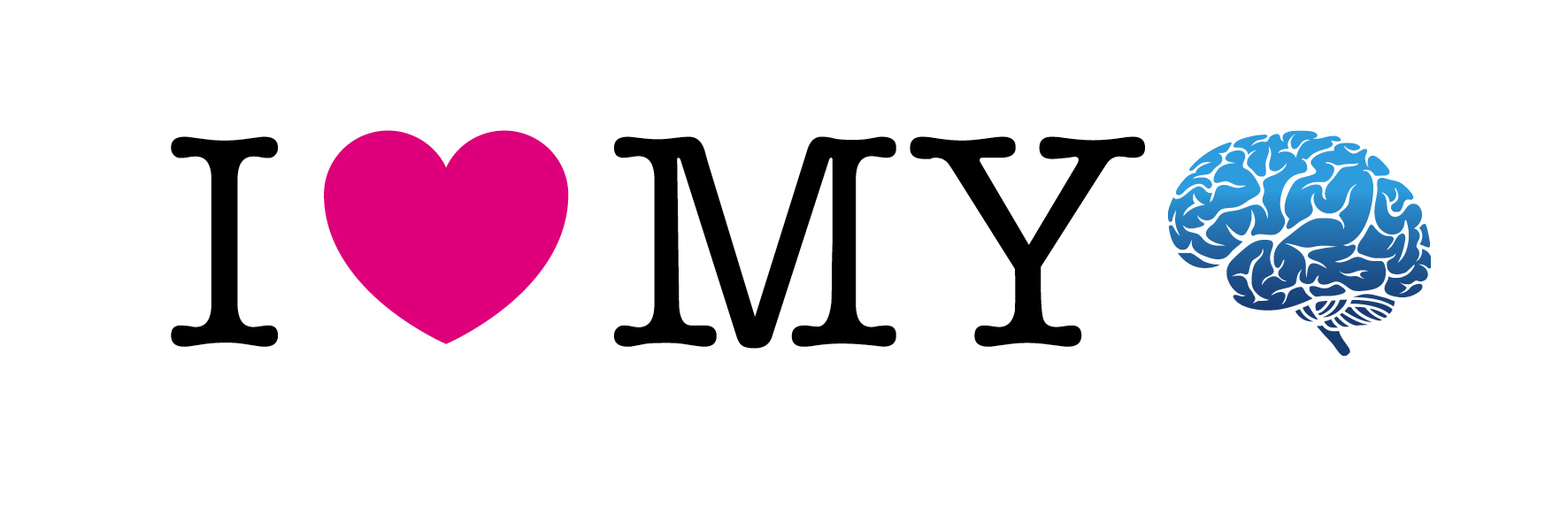
Dec 15, 2016
The European Brain Council has been working with a Member of Parliament (MEP), SAFE, the European Stroke Organisation (ESO), the Atrial Fibrillation Association (AFA) and the Arrhythmia Alliance to organise a workshop in the European Parliament in Brussels on 25th January 2017.
The workshop will focus on Atrial Fibrillation-related stroke and the goal is to make policy makers more aware of this condition and how screening can help prevent AF-related strokes. On the 25th, the audience members will hear presentations on different perspectives of AF-related stroke: the carer story from Jon Barrick (representing SAFE), the importance to ‘Know Your Pulse’ by Trudie Lobban from AF Association & Arrhythmia Alliance, and insight from various physicians and Stroke experts, Neurologists Dr. Didier Leys (European Academy of Neurology), Dr. Geert Vanhooren (ESO) and Cardiologist/Rhythmologist Dr. Bernard Deruyter (European Parliament). There will also be a presentation from a Finnish stroke survivor, explaining how stroke has impacted daily life for him and his family. The session will be moderated by Peter O’Donnell of Politico. (more…)
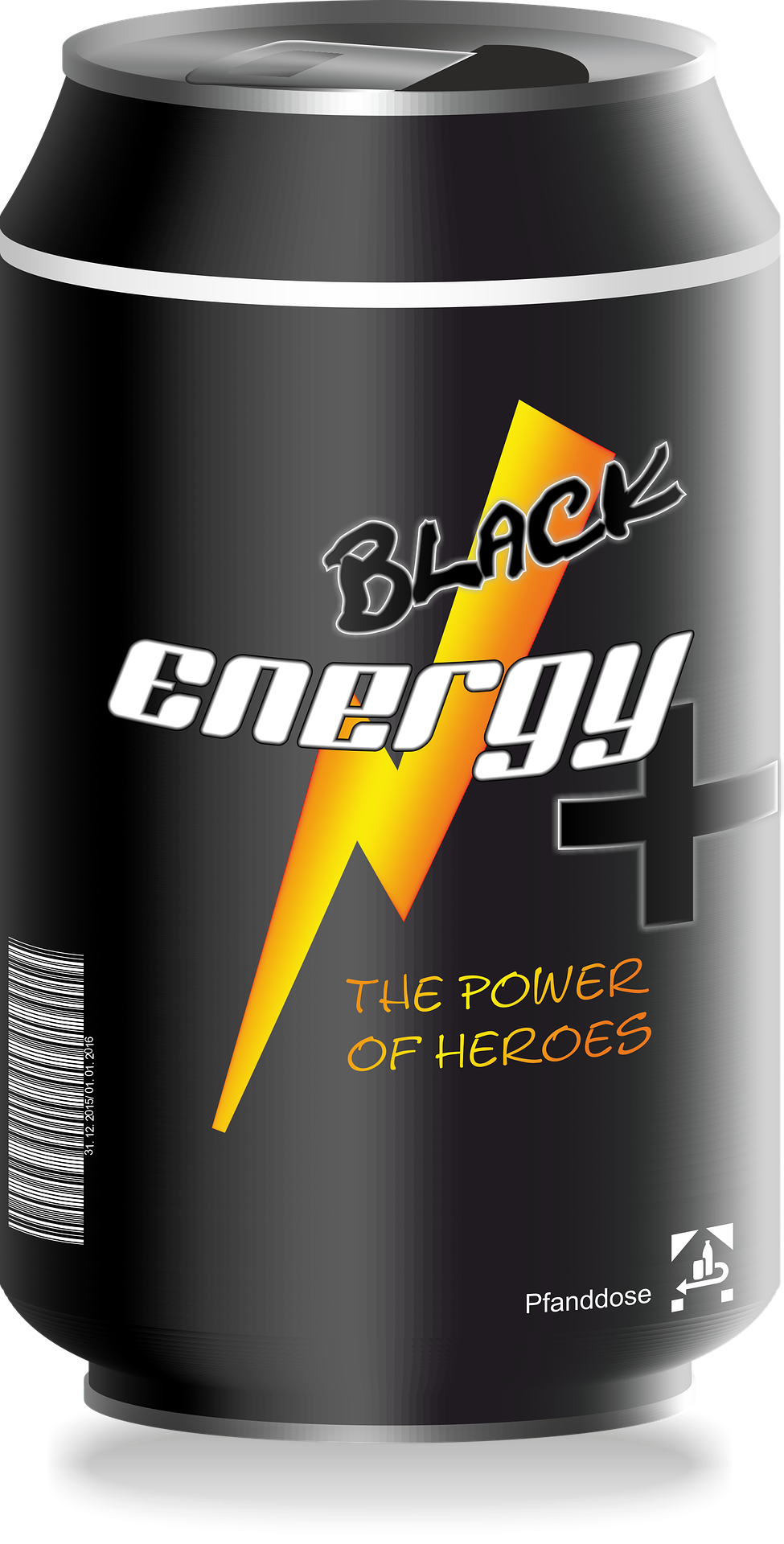
Dec 14, 2016
Investigators at the University of Alabama at Birmingham have presented the first case study of a patient experiencing a hemorrhagic stroke — a brain bleed — following consumption of an energy drink.
In an article in press in the American Journal of Emergency Medicine, the UAB physicians detail the case of a 57-year-old man who developed an intracranial hemorrhage within 15 minutes of drinking a popular energy drink. (more…)
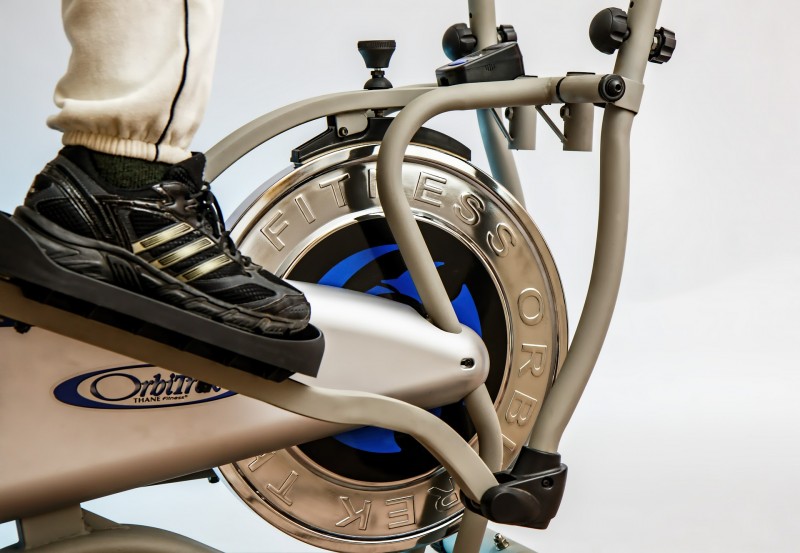
Dec 14, 2016
The after-effects of a stroke can be life changing. Paralysis, speech problems and memory loss occur in varying degrees of severity, depending on the location and amount of brain tissue damage. How far a stroke patient can recover is largely determined by the ability of the brain to reorganise itself. Understanding what can improve this ability is therefore essential in developing the best therapies for rehabilitation.
Voluntary physical exercise is known to have a positive effect on a person’s overall well-being. It delays memory loss in old age and improves cognitive ability. A new study, published in the open-access journal Frontiers in Aging Neuroscience, has linked the positive effects of exercise on the brains of mice to their better recovery after a stroke. (more…)

Dec 10, 2016
Published on: httpss://ncdalliance.org
A European regional meeting on ‘The European Response to Chronic Diseases – the role of civil society’, co-organised by the European Chronic Disease Alliance (ECDA) and the NCD Alliance and co-sponsored by the World Health Organization, is taking place in Brussels between the 12th and 13th December, 2016.
This event will convene Civil Society Organisations (CSOs) from across the region while serving to follow-up on the adoption of the 2016-2025 WHO European action plan for the prevention and control of NCDs. (more…)
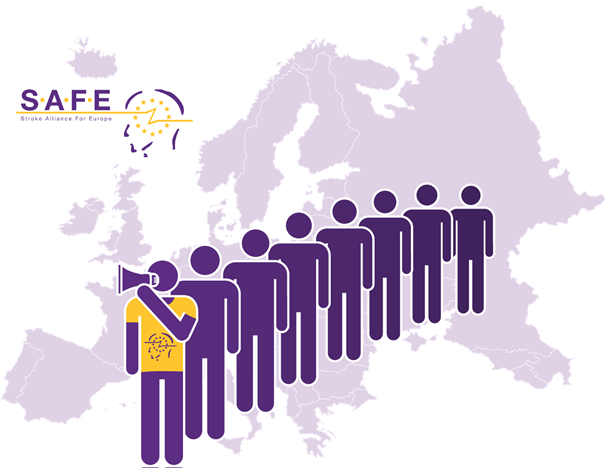
Dec 10, 2016
During the year SAFE received applications for membership from organisations in Luxembourg, Georgia, Poland and Portugal. France AVC have also applied to rejoin SAFE.
At the General Assembly held on 9th December 2016 in Amsterdam, the following membership applications were accepted: Luxembourg, Portugal, Georgia and France. (more…)
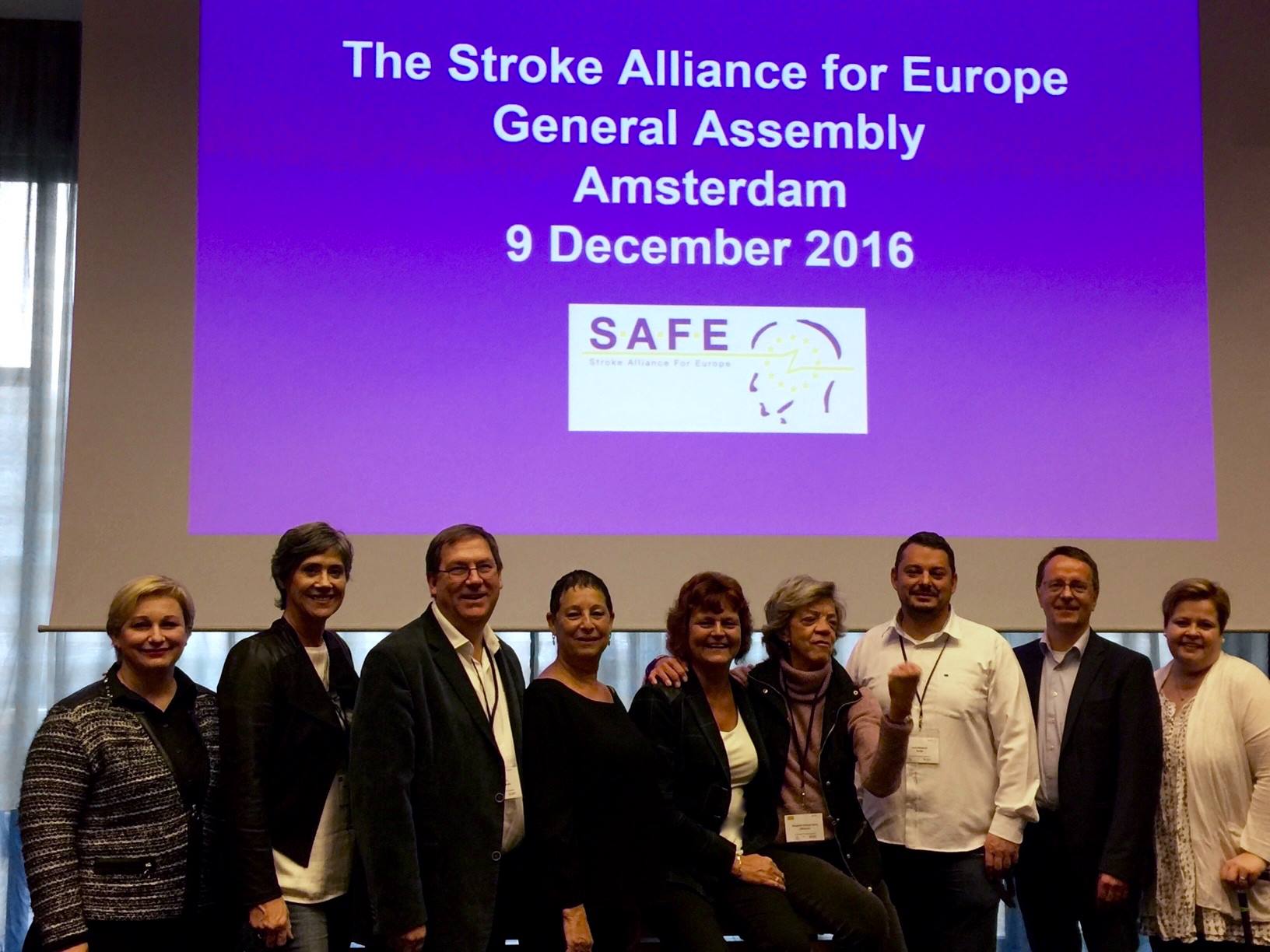
Dec 10, 2016
At yesterday’s General Assembly, on 9th December 2016, SAFE delegates voted for the new board members.
As SAFE’s President Jon Barrick stressed out, much has changed for SAFE over the last 18 months, with a continually growing membership, more paid staff, a closer relationship with the ESO to proposed meetings with the EU Health Minister, and much more which was reported on at this year’s General Assembly held in Amsterdam.
During the SAFE board meetings this year, the board have discussed at length the requirements that are expected from SAFE into the future. (more…)















